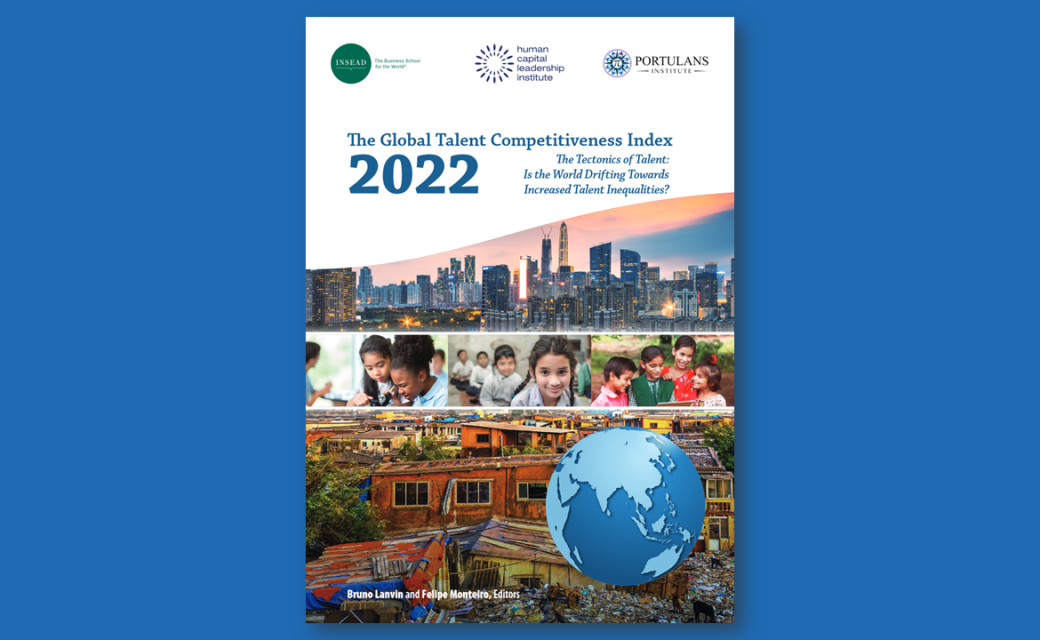SUMMARY
In a context where labor shortages are heightening competition, attracting and retaining talent is a priority for organizations, whether companies or attractiveness agencies. In France, for example, the number of job vacancies stood at 367,500 in Q2 2023; this represents an increase of 69% since Q4 2019 (Source: Dares, Les emplois vacants, 2023).
In Europe, organizations such as Copenhagen Capacity, IN Amsterdam, Helsinki Partners and Talent Berlin have been pioneers at regional level, while national initiatives such as Work in Lithuania, Work in Austria and Work in NL have also developed. In France, the departments of La Manche and Aveyron are also forerunners in these areas.
What are the priorities of today's talents when evaluating jobs, working environments, lifestyles and territories? How do they seek out new job opportunities and explore new communities to settle in?
This report from C Studios attempts to answer these questions by sharing an insight into the motivations, behaviors and preferences of European talent during their relocation journey. Over 650 people aged between 21 and 65 across Europe were interviewed via an online survey, which was conducted during May 2023. Respondents had to meet two main conditions: firstly, to have personally moved at least 100 kilometers from their previous residence in the last three years, and secondly, to be currently employed or actively seeking employment. It should be noted that the questions asked in the " What Talent Wants study largely mirror those asked in the American " Talent Wars" study. Talent Warsconducted by marketing agency Development Counsellors International (DCI).
Keywords: talent attraction, employment, study, motivations, talents, Europe.
Illustration: C STUDIOS - OCO + DCI Partnership
Summary of main results :
The results reveal four key points about what European talent is looking for:
1. People simply want a better life (and what this encompasses has been influenced by the health crisis):"Having a better quality of life" is by far the most important factor driving people to seek employment. Other factors such as"access to a larger living space" (26%),"the desire to be closer to family" (22%) and"remote working" which opens up new perspectives and opportunities (18%) are also highly influential. This can also be seen in the desire for a better work-life balance, which plays an important role in the decision to move or settle abroad, or simply change jobs.
2. Quality of life is based more on practical considerations. As people have re-evaluated what it means to have a good quality of life, "must-have" factors such as costs, safety, housing and healthcare are given higher priority (each scoring above 7 on a 10-point scale) than "nice-to-have" factors such as arts, culture and nightlife (which score below 7). When targeting talent for relocation, it's important to know to what extent your territory offers advantages or disadvantages, as it will be difficult to convince people to move if basic needs don't improve.
3.Talent is hungry for development and training. 88% of those surveyed said they were willing to improve their skills if it would lead to better career or job prospects, although a good proportion were unaware of such opportunities. Interestingly, 71% of those surveyed said they would be willing to move to a new region if it offered free training to improve their skills or job prospects.
4. Reaching potential candidates is a digital first. Respondents cited Internet research as the primary source of information guiding their relocation decision (48%), ahead of personal experience (35%). Awebsite dedicated to housing/work is considered important by 75% of respondents evaluating new sites. And the influence of social media on relocation candidates is clearly high, with Facebook leading the way, both as the primary channel influencing perceptions (57%) and job searches (55%). Online job boards were the biggest source of job information (49%).










